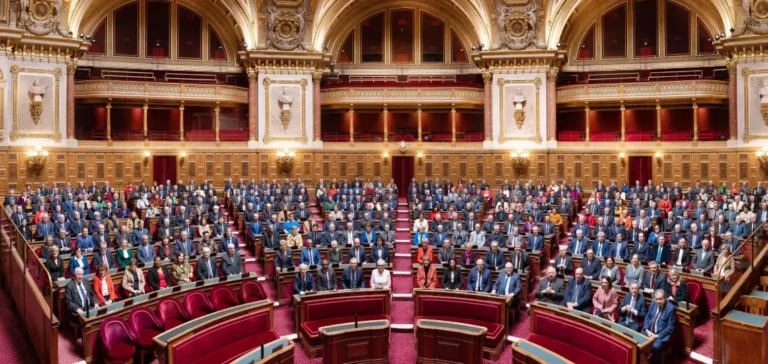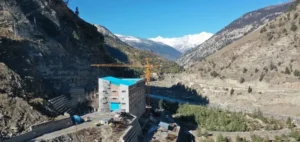The Senate’s economic affairs committee is pushing for a change in the legal status of French hydroelectric concessions to be included in the next energy planning law. This reform aims to avoid the re-tendering of expired concessions, in line with an agreement reached between French authorities and the European Commission.
Hydropower facilities, the second-largest source of electricity production in France, are mostly operated under a concession system. Under this model, the State owns the infrastructure and grants operation rights to a third party for a fixed period. However, the non-renewal of concessions has triggered a dispute lasting more than 20 years with Brussels, which has been demanding open competition.
Towards a legal status change
A summary of a Senate report, prepared by a cross-party mission including senators Daniel Gremillet, Patrick Chauvet, Jean-Jacques Michau, and Fabien Gay, proposes moving from a concession regime to an authorisation model. This shift would end the legal dispute with the European Union while securing long-term operational control.
According to the report, this new framework would provide greater legal and economic stability, although the exact terms for transferring ownership from the State to another entity remain undefined. Former Prime Minister François Bayrou confirmed in August a principle agreement with Brussels, paving the way for legislation to be introduced by members of Parliament.
Amendment proposed for the Gremillet bill
The Senate now recommends incorporating this reform into the energy roadmap bill led by Daniel Gremillet. The draft, currently on hold pending the formation of a new government, is described by the senators as “the fastest and most practical legislative vehicle to advance”.
The Senate mission aligns with the findings of an earlier report by MPs Marie-Noëlle Battistel and Philippe Bolo, who also advocated for revising the legal regime for hydropower dams to restore visibility for sector stakeholders.
Recommendations to guide the reform
The Senate report outlines 15 recommendations across four main areas. These include a prior assessment of the technical robustness and financial impact of the legal change, securing economic and social conditions, enhancing local governance of facilities, and revising national and European regulatory frameworks.
The rapporteurs also call for a clearer regulatory structure to guide future decisions regarding the management of hydroelectric resources. The legislative timeline will depend on the appointment of a new government.






















